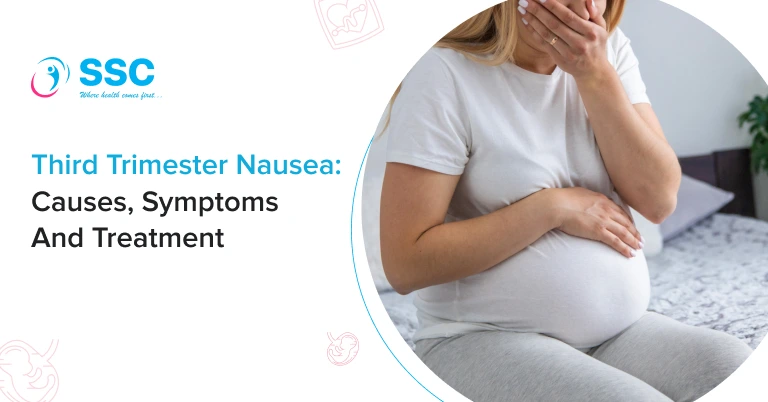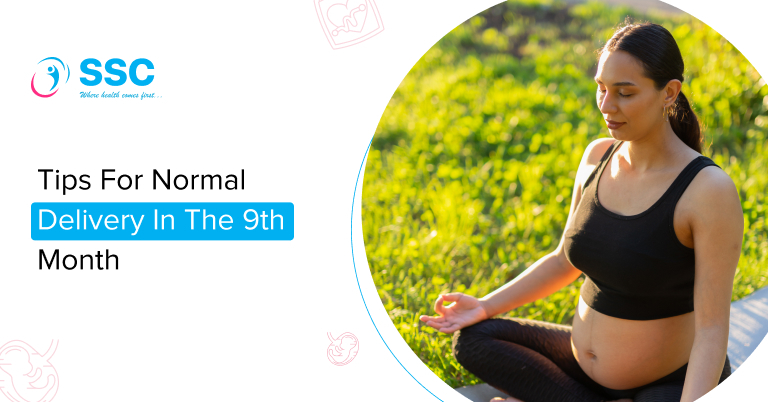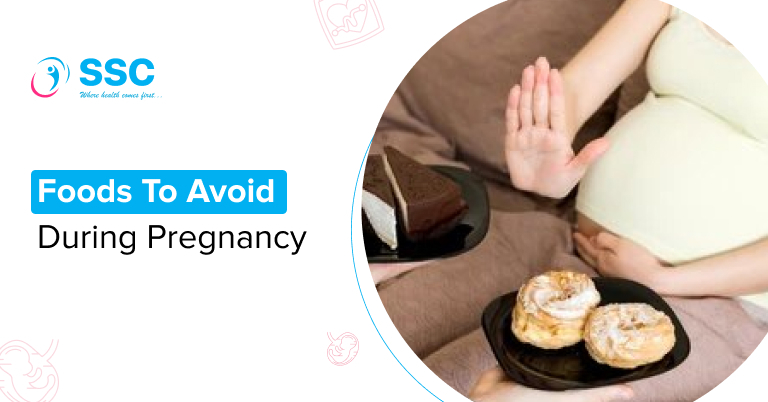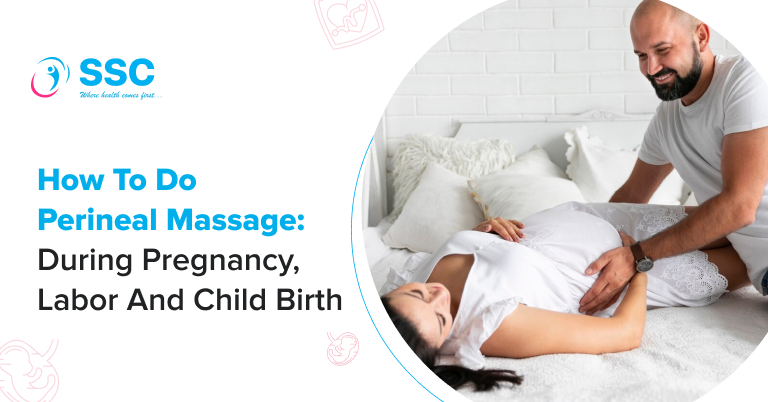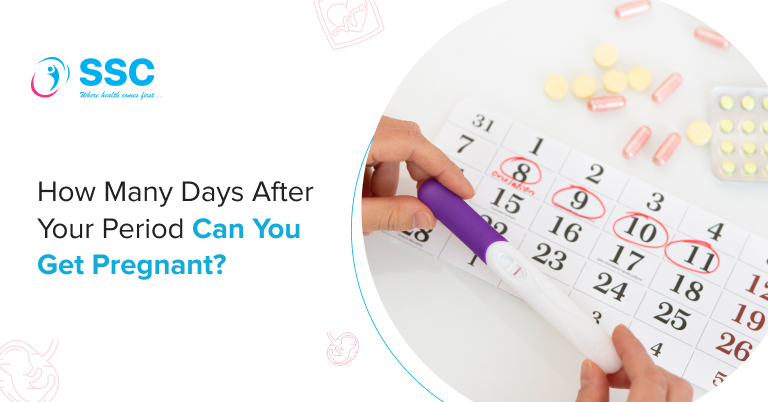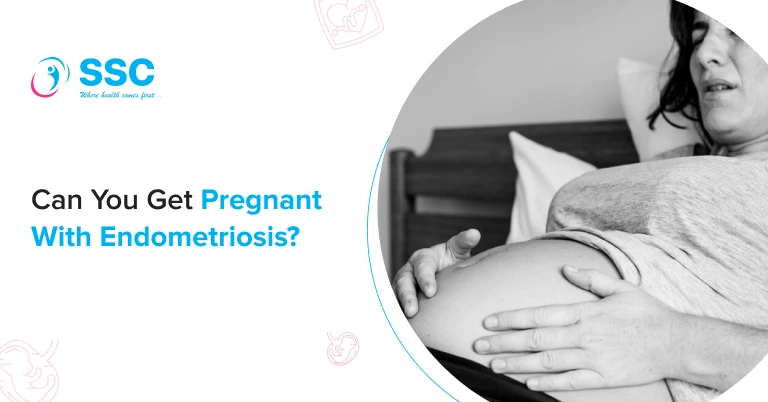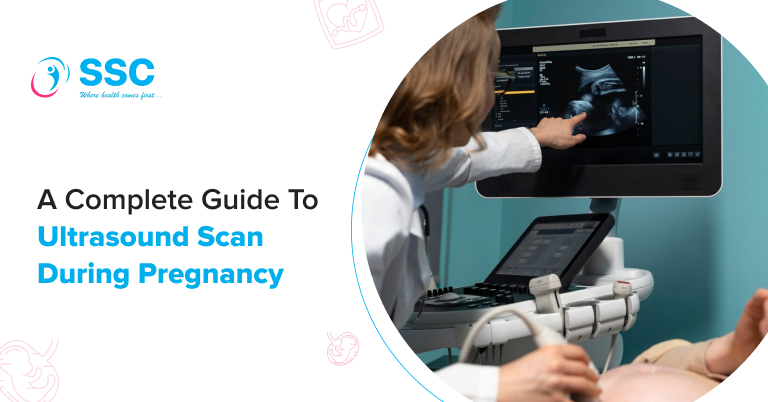The third trimester, which lasts weeks 29 to 40, is when your baby continues to develop and prepare for delivery. Even though nausea is prevalent in the first few months of pregnancy, some women may still feel it in the last month or two.
It can be caused by hormonal changes, stress, or digestive issues, leading to nausea during the third trimester. Morning sickness-like symptoms can result from hormonal changes and sensitivity to smells.
Let us briefly discuss its causes and how to overcome the third trimester morning sickness.
Causes of Third-trimester Nausea
Nausea, often experienced in the first trimester, might return in the third trimester, causing unexpected discomfort. This may come as a surprise, but it is common for many pregnant women.
Some women may only experience mild nausea, while others may have severe vomiting that can make everyday activities much harder.
The causes include
Hormonal Changes
Hormonal shifts, especially with hCG and estrogen, can affect your body’s nausea control, causing discomfort.
Increased Sensitivity to Smells
Pregnancy can make smells stronger, which may trigger nausea.
Stress and Anxiety
Stress and worry can make nausea worse, so taking time to relax and seek support can help.
Dietary Factors
Certain foods, like spicy or greasy ones, can make nausea worse, so it’s important to watch what you eat.
Gastrointestinal Changes
Pregnancy can slow digestion and increase stomach acid, which can lead to nausea.
Your Changing Body
As your baby grows, the pressure on your stomach and diaphragm can cause more nausea than earlier in pregnancy.
Related Symptoms of Third-trimester Nausea
While third-trimester nausea can be uncomfortable on its own, it is commonly accompanied by other symptoms such as:
- Frequent vomiting
- Constipation
- Abdominal bloating or excessive gas
- Heartburn or indigestion
- Loss of appetite
- Difficulty losing weight
- Excessive saliva production in the mouth
- Increased sweating
- Abdominal discomfort or pain
- Severe fatigue or tiredness
- Persistent vomiting that may interfere with daily activities
Remedies for Third-trimester Nausea
In most cases, third-trimester nausea can be managed using the same methods you used during the early weeks of your pregnancy.
Eat small, frequent meals
Third-trimester nausea can worsen if you skip meals. A small bowl of plain soup or dry toast is a good way to start the day. To feel better, eat multiple small, healthy meals throughout the day.
Dietary Modifications
Changing your eating habits can help reduce nausea and vomiting during pregnancy. Avoid oily or spicy foods, eat small, frequent meals, and avoid junk foods. These adjustments will decrease digestive problems and improve meal intake.
Avoid Nausea Triggering Foods
Avoiding triggers, such as particular flavours, odours, or activities, is an excellent method to control pregnancy-related nausea and vomiting. Avoiding hot, sweet, or fatty foods can be beneficial for some people.
Common triggers include:
- Skipping meals
- Insufficient sleep
- Overcrowded rooms
- Strong smells (like perfume, chemicals, coffee, food, or smoke)
- Loud Noise
- Movement (like flickering lights or driving)
- Too much exercise
Drink More Water
Always stay hydrated during pregnancy. Avoid drinking caffeine and drink more water. Avoid drinking energy drinks or sports drinks, which may contain sugars.
Medications and Treatments
Severe nausea and vomiting during pregnancy may occasionally require the use of medication and treatments. Over-the-counter remedies such as vitamin B6 supplements, antacids, and anti-nausea drugs are frequently recommended for mild to moderate symptoms.
Prescription drugs or intravenous fluids may be required to prevent dehydration if symptoms are more severe.
Other Remedies Include:
- Get additional rest
- Sip ginger tea or chew ginger candies
- Avoid foods or smells that trigger nausea
- Snack on carb-rich foods like idli, dosa, or poha
- Eat peppermint or lemon-flavored candies
- Take a B6 supplement (with your doctor’s approval)
When Third Trimester Nausea Signals Labor
You may have nausea as labour approaches, but it is more prevalent during active labour or the transition phase.
Here are some more reliable signs that your labour may be starting:
- Back Pain: As your uterus tightens, you may have back pain.
- Amniotic Fluid Leaking: You may observe fluid gushing or leaking.
- Loss of Mucus Plug: As your cervix begins to open, the mucus plug emerges.
- Lightening: As the baby comes down, your diaphragm is released from pressure.
- Diarrhoea: Before childbirth, hormonal fluctuations may result in diarrhoea.
- Regular Contractions: Compared to Braxton-Hicks, real contractions are more frequent and feel stronger.
When to see the Gynecologist:
If you’re pregnant and having constant or severe vomiting, it’s best to talk to your doctor. Keeping yourself hydrated, eating well, and checking for any health issues will help keep you and your baby safe.
Bottom Line:
Feeling sick and throwing up during the third trimester can be tough. Knowing what causes it, what makes it worse, and how to manage it can help you feel better and keep both you and your baby healthy.
For expert care and support during pregnancy, visit Sai Speciality Center, the best gynaecology hospital in Bangalore.

